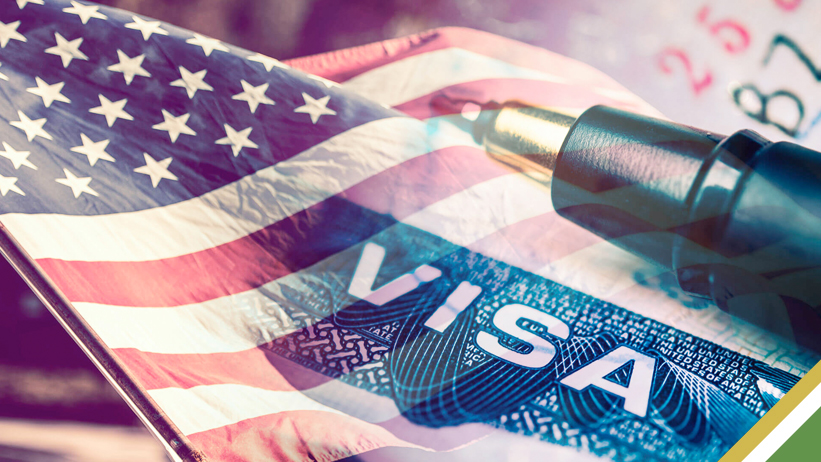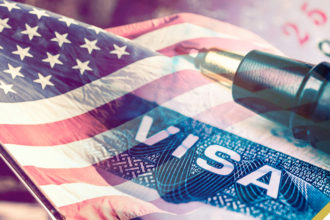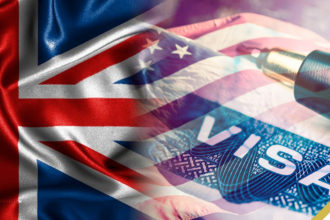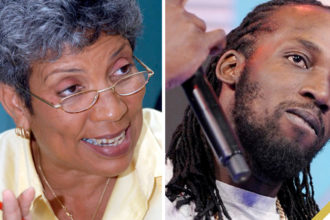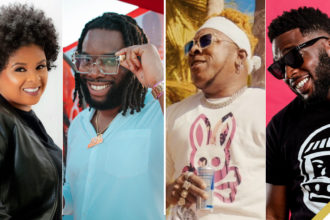Performing in the United States has long been a dream for countless Jamaicans and other international artists, but a recent move by the United States Citizenship and Immigration Services (USCIS) threatens to shatter those aspirations. Effective April 1, 2024, the USCIS has implemented a staggering 250% increase in visa fees for global musicians eyeing U.S. tours. This decision has sent ripples through the music community, raising concerns among artists, advocacy groups, and immigration lawyers about its potential to stifle emerging talent worldwide and cripple local music economies in the U.S.
Previously, obtaining a P visa for short-term stays or an O visa for longer-term work cost artists U$460. However, with the recent directive from the U.S. Department of Homeland Security (DHS), these fees have soared to U$1,615 for short-term visits and U$1,655 for long-term stays. Additionally, a U$600 surcharge will be levied to support the U.S. government’s asylum program, further burdening musicians. Furthermore, visa applications will now be capped at 25 individuals per group, necessitating separate filings for larger ensembles.
According to Gabriel Castro, a representative of BAL Sports and Entertainment Practice specializing in musician visas, the repercussions of these exorbitant fees could be profound. “You’re going to see a decrease in international acts coming to the United States,” Castro states, adding, “And maybe it’s decreased frequency more than a decrease in the absolute number. We’ll see less and less emerging artists. The harder you make it for them to come to the United States, the less you’re going to see them here.”
This sentiment echoes widespread concerns that the visa fee hike will deter artists from pursuing opportunities in the U.S., consequently depriving audiences of diverse cultural experiences.
The backlash against the fee increase has been swift and resounding. Foreign musicians have mobilized, signing petitions and urging the U.S. government to reconsider its decision. Industry stakeholders and music enthusiasts alike have voiced their opposition through submissions on the Federal Register website. While the U.S. government has raised artist visa fees in the past, They last raised artiste visa fees in 2016, when fees grew from U$325 to U$460; a 2020 proposal to raise fees by 50% was unsuccessful. However, the magnitude of this latest increase has drawn international scrutiny, with hopes lingering for a reversal in policy shortly. As the music world awaits further developments, the future of global artistic exchange hangs in the balance, poised between economic pragmatism and cultural enrichment.







